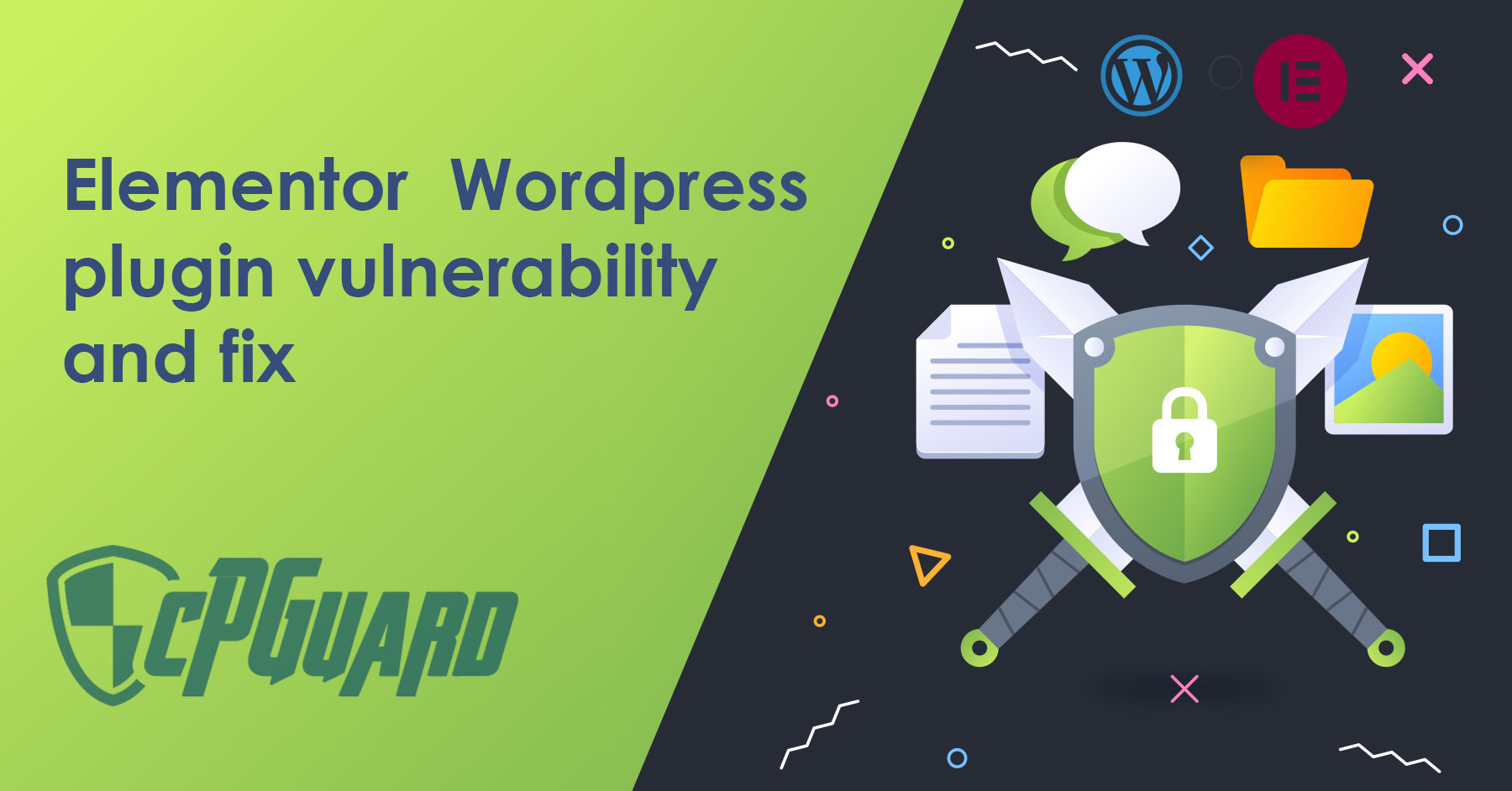In today’s interconnected digital world, the significance of server security cannot be underestimated. As cyber threats continue to rise, businesses are at risk of significant consequences if their servers are compromised. The potential outcomes include financial losses, damage to reputation, and penalties from regulatory bodies. These consequences emphasize the criticality of prioritizing server security and implementing thorough protective measures to safeguard valuable assets and maintain business continuity.
Common Cyber Threats
Cyber attacks targeting servers pose significant risks to businesses, with devastating consequences that can disrupt operations and compromise sensitive data.
Distributed Denial of Service (DDoS)
One common form of attack is Distributed Denial of Service (DDoS), where a network of compromised computers floods the targeted server with an overwhelming volume of traffic, rendering it inaccessible to legitimate users. These attacks can result in prolonged downtime, financial losses, and damage to the organization’s reputation.




